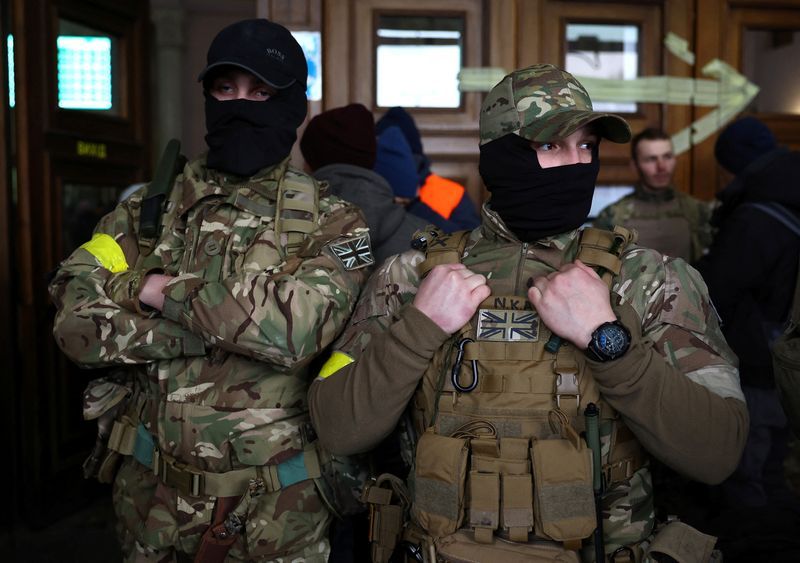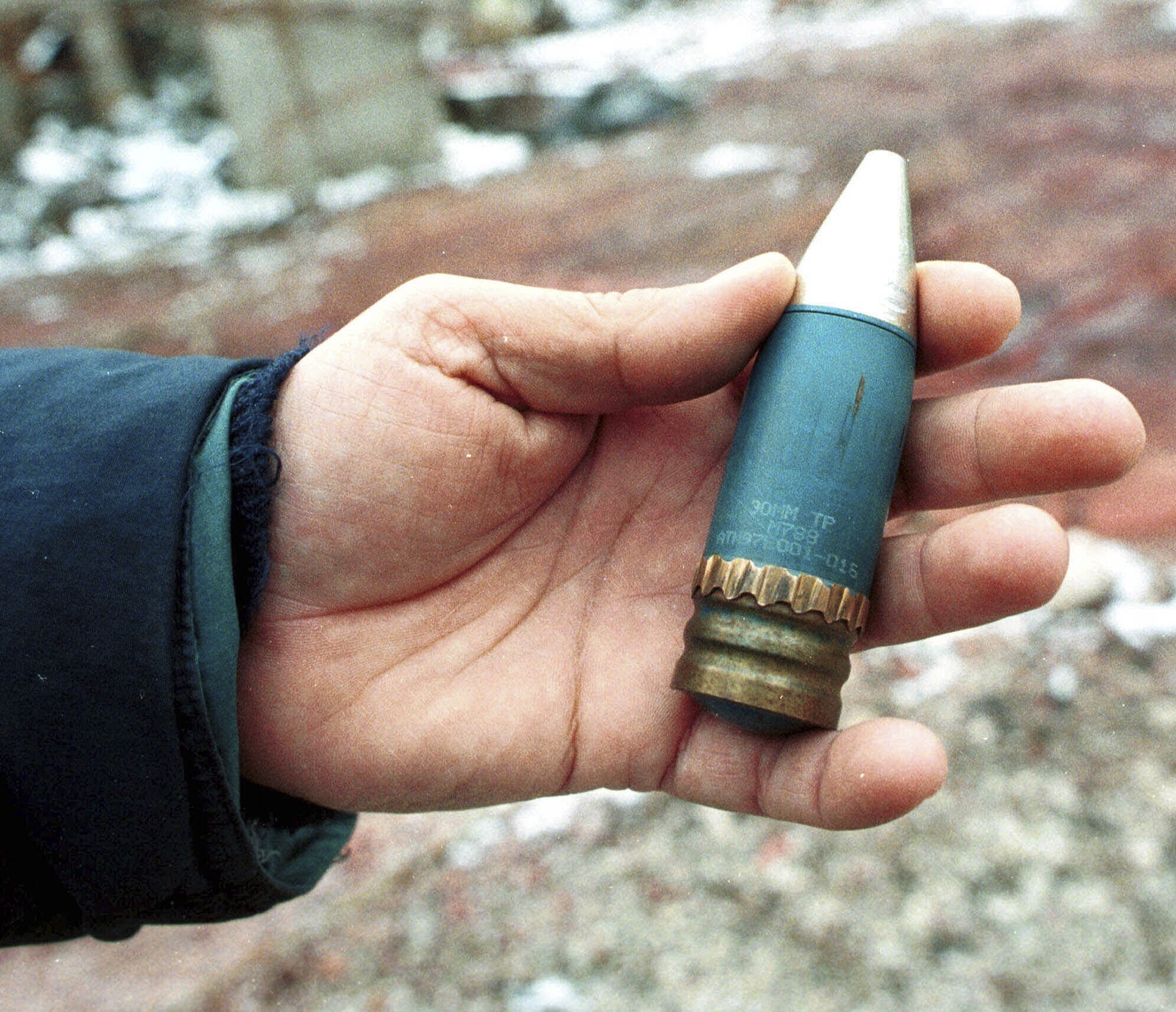
Source Gatestone Institute
NEW YORK, U.S.--The issue of Arab apartheid and discrimination recently resurfaced after a Lebanese minister announced that his country decided to allow Palestinians to work in several sectors that were until now reserved just for Lebanese nationals.
The announcement by Mostafa Bayram, Lebanon's Minister of Labor, came as a surprise to many Palestinians who have been banned for the past four decades from working in many professions.
Palestinians are hoping that the decision would end decades of discrimination and marginalization by an Arab country -- Lebanon.
Some Lebanese, however, expressed fierce opposition to Bayram's decision to ease the labour restrictions imposed on the Palestinians. These Lebanese seem afraid that the Palestinians will either take their jobs or become full citizens of Lebanon.
On December 8, Bayram, who is affiliated with the Iranian-backed Hezbollah terrorist group, published a decree allowing Palestinians to work in trade-union-regulated professions.
The decree states that Palestinians born on Lebanese territory and officially registered with the Ministry of Interior may work in professions requiring union membership from which they had previously been barred.
These union-regulated jobs include professions such as medicine, law, and engineering, as well as public transport and tourism-related jobs.
This does not mean, however, that Lebanon has decided completely to end discriminatory measures against Palestinians.
"Not all of the professions will be opened to Palestinians under the new decree, as some require legal changes or changes to the unions' bylaws in order for non-Lebanese workers to be allowed into the field," according to L'Orient Today, which describes itself as an independent platform that aims to examine the failures of the Lebanese system.
"The history of Palestinian refugees' interactions with restrictive employment policies in Lebanon dates back to the period preceding the Lebanese Civil War," according to a study of Palestinian employment in Lebanon.
The study noted that the Ministry of Labour and Social Affairs proposed in 1964 to regulate the participation of foreigners in the Lebanese labour market. Consequently, the Palestinians were classified as foreigners and required to obtain a work permit.
In 1982, the Lebanese authorities further restricted the list of professions open to Palestinians. They were barred from working in 70 commercial and administrative professions.
The study also noted that the restrictions were lifted slightly in 1995, with the introduction of a new amendment to the ministerial decree. It exempted from these restrictions foreigners who were born in Lebanon, born to Lebanese mothers or married to Lebanese women.
According to the United Nations Relief and Work Agency for Palestine Refugees (UNRWA):
"[Palestine refugees in Lebanon] are socially marginalised, have very limited civil, social, political and economic rights, including restricted access to the Government of Lebanon's public health, educational and social services and face significant restrictions on their right to work and right to own property."
UNRWA noted in addition that Palestinian refugees are still prohibited from practicing 39 professions, mainly due to a precondition that requires them to hold Lebanese nationality and obtain a work permit. The professions include the sectors of healthcare, law, transportation, engineering and tourism.
The latest decree by the Lebanese Minister of Labour was received with mixed feelings.
While some Palestinians and Lebanese welcomed it as a positive step towards ending the discrimination and apartheid, others said it was insufficient and did not provide clear mechanisms for enforcement. According to senior PLO official Ahmad Tamimi:
"The decree represents an important turning point in the lives of the Palestinian refugees in Lebanon, as it constitutes an end to their hardship and a significant development in changing their human conditions towards a decent life and a normal life."
Tamimi also said that the Lebanese decision "had a positive impact on the hearts of the Palestinians in general and the refugees in Lebanon in particular."
Critics, however, are less enthusiastic about the prospects of ending the system of apartheid and discrimination in Lebanon.
"Like everyone else, I am critical and wary of this decision," wrote a social media user called Islam-#GoldStrike.
"One of its very first and major flaws is that it is a decision made by the minister himself so it is tied to him being in this position, meaning it can be easily revoked by the next minister."
Some Lebanese seem especially worried that the Palestinians will take over the jobs of Lebanese citizens in a country where the rate of unemployment is estimated at more than 40 percent.
These Lebanese appear worried that the decision would pave the way for the permanent settlement of the Palestinians in Lebanon. There are several reasons why the Lebanese do not want the Palestinians.
One reason is that since the 1970s, the Palestinians have brought war and destruction to Lebanon and turned refugee camps into bases for terror groups.
The Lebanese are afraid that the continued presence of the Palestinians in Lebanon would have economic and demographic implications on Lebanon.
The Lebanese are also afraid of tawteen ("resettlement"). Some suspect that there are Arabs and other international parties, who would like to see Lebanon become a homeland for the Palestinians. That is why these Lebanese regard the Palestinians as "foreigners."
The Lebanese, in short, are saying that the Palestinians are not welcome to stay in Lebanon.
The heads of Lebanon's physicians' and pharmacists' unions, who opposed the easing of restrictions imposed on the Palestinians, expressed "shock" over the minister's decision.
They pointed out that the laws of their unions state that no doctor has the right to practice medicine on Lebanese territory until he or she is accepted as a member of the unions.
Lebanon's Kataeb Party, a Christian political party, warned that the decision to allow Palestinians to work in several sectors would have grave repercussions on the political and economic situation in Lebanon:
"Opening the door for refugees in Lebanon to practice dozens of professions is an assault on the right of the Lebanese, and a consolidation of their permanent presence in Lebanon while the Lebanese are emigrating... This step will contribute to reducing the salaries in the mentioned professions in line with the supply and demand market. It will also require institutions and employers to register [Palestinian] employees for social security, which will accumulate unbearable burdens that will lead to bankruptcy."
The Lebanese Party also warned that the decision has "hidden and malicious intentions," such as permanently settling Palestinians in Lebanon.
Despite these clear anti-Palestinian views by Arabs, there are nevertheless some Lebanese who are not afraid to express their shame over Lebanon's mistreatment of, and discriminatory measures against, the Palestinians.
"It is time to end this history of discrimination and systematic segregation," wrote senior Lebanese journalist Sawssan Abou-Zahr.
"Qualified Palestinians should be allowed to practice their professions, especially in fields where they are most needed. I dare to say it is time to grant Palestinians some kind of representation at municipalities at the very least. Very few Lebanese would share my view. Some might accuse me of treason; a large number would refuse considering this suggestion, either out of racism or fear that improving the living conditions of refugees is the equivalent of permanently settling them in the country."
It is not clear at this stage if the Hezbollah-affiliated minister's decision will indeed end Lebanon's long-standing apartheid policies and laws against Palestinians.
Journalists covering the Middle East generally ignore the plight of the Palestinians in the Arab countries, including Lebanon. For them, Lebanon's actions and policies against the Palestinians is not newsworthy.
The demonization of Israel by so many journalists, officials and so-called human-rights groups leaves little time to ask why a Palestinian in Lebanon is not permitted to practice medicine while a significant portion of the medical staff at Israeli hospitals consists of Arab doctors and nurses.
Imagine the uproar that would have erupted at UN institutions or university campuses in the US or Canada had such measures been taken by Israel. Yet when an Arab country subjects Palestinians to deep-seated discrimination and violates their basic human rights, the only sound you can hear is a deadly silence.








0 Comments
LEAVE A REPLY
Your email address will not be published